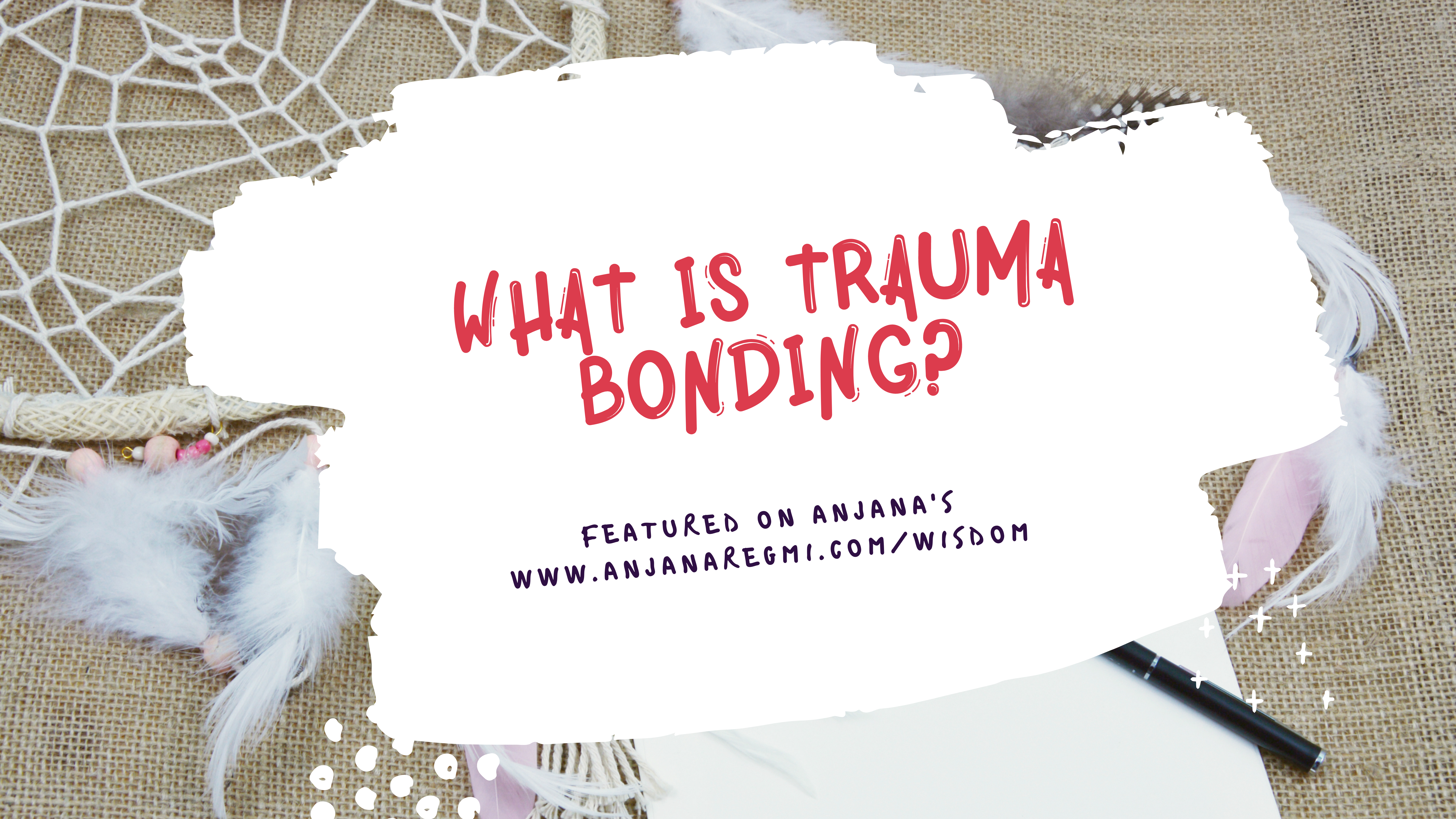Trauma is a difficult subject for many people to talk about, but it can happen to anyone. When we experience traumatic events, our bodies react in ways that are intended to help us survive the situation. This reaction is known as "trauma" or "bonding."
Have you ever wondered why are you living in a relationship that is abusive?
Have you ever questioned yourself if you are actually living in an abusive relationship or not?
Have you often felt the difficulties you experience in your current relationship is perhaps “normal” while others around you are questioning your understanding?
You’re NOT alone.
Trauma bonding is a type of trauma that occurs in an unhealthy relationship. It is a result of the trauma that has been inflicted on someone, and it is usually used as a way to keep someone captive in an abusive relationship.
It has components that are similar to Stockholm Syndrome, which makes it hard for someone who has experienced trauma together with their abuser to realise they’re being abused and the need for them to leave the abusive relationship and situation.
Such bonds often form when there exists a power imbalance in a relationship, for example when one person is physically, sexually, emotionally, psychologically abusive. This forms as a way to cope with the abuse and maintain some sembalance of connection to the abuser.
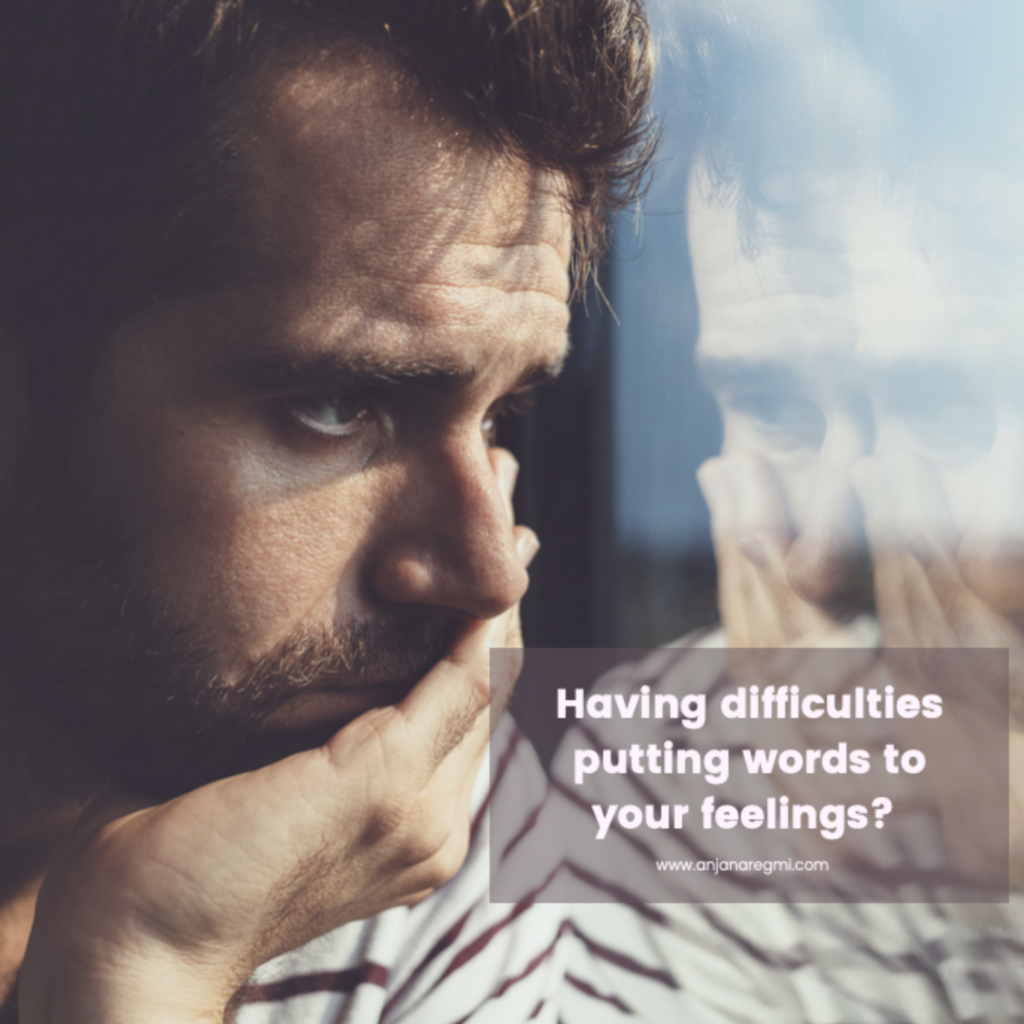
Trauma bonding can be very hard to break free from because it feels like there's no one else in the world who understands what is happening in the relationship, which makes it feel like they're trapped.
Trauma bonding can also occur with parents or guardians who are neglectful and don’t provide appropriate care for their children. There are different ways trauma bonding can form. One example would be if a child is neglected or abused by their primary caregiver – they may develop bonds with their abuser to try and receive some form of love or attention.
Many trauma bonds form when people experience child abuse, rape, physical and psychological violence at home by family members, or any type of abuse that is repetitive and ongoing.
Trauma bonding can also form as a result of intense trauma, such as in cases of severe abuse, warfare, or natural disasters. In these situations, people may develop strong emotional bonds with others who are trying to survive the same traumatic experience. This is often referred to as “Cluster Trauma” or “Shared Trauma.”
Cluster trauma is an experience of accumulated grief associated with multiple traumatic life events. For e.g., war.
Shared trauma is a psychological reaction to common traumatic life experiences shared between two or more people. For e.g., loss of an unborn child.
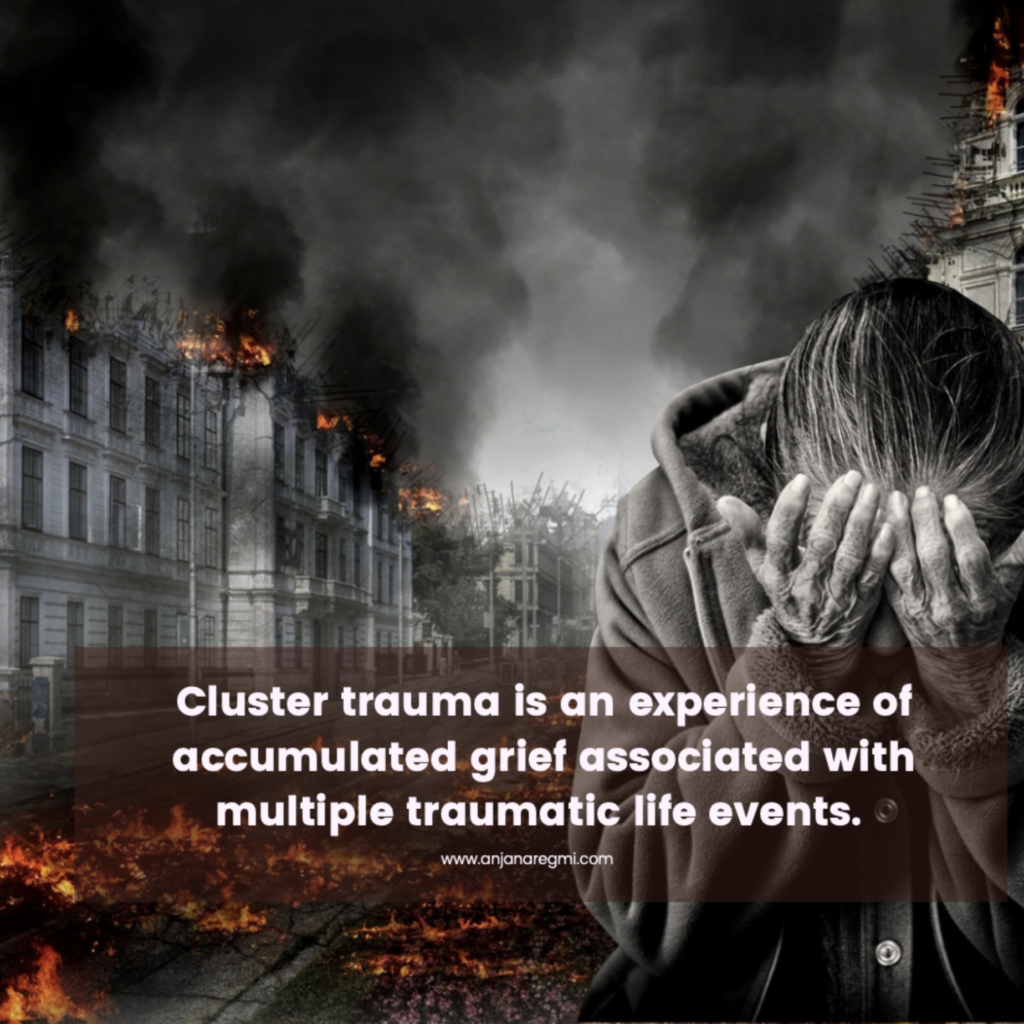
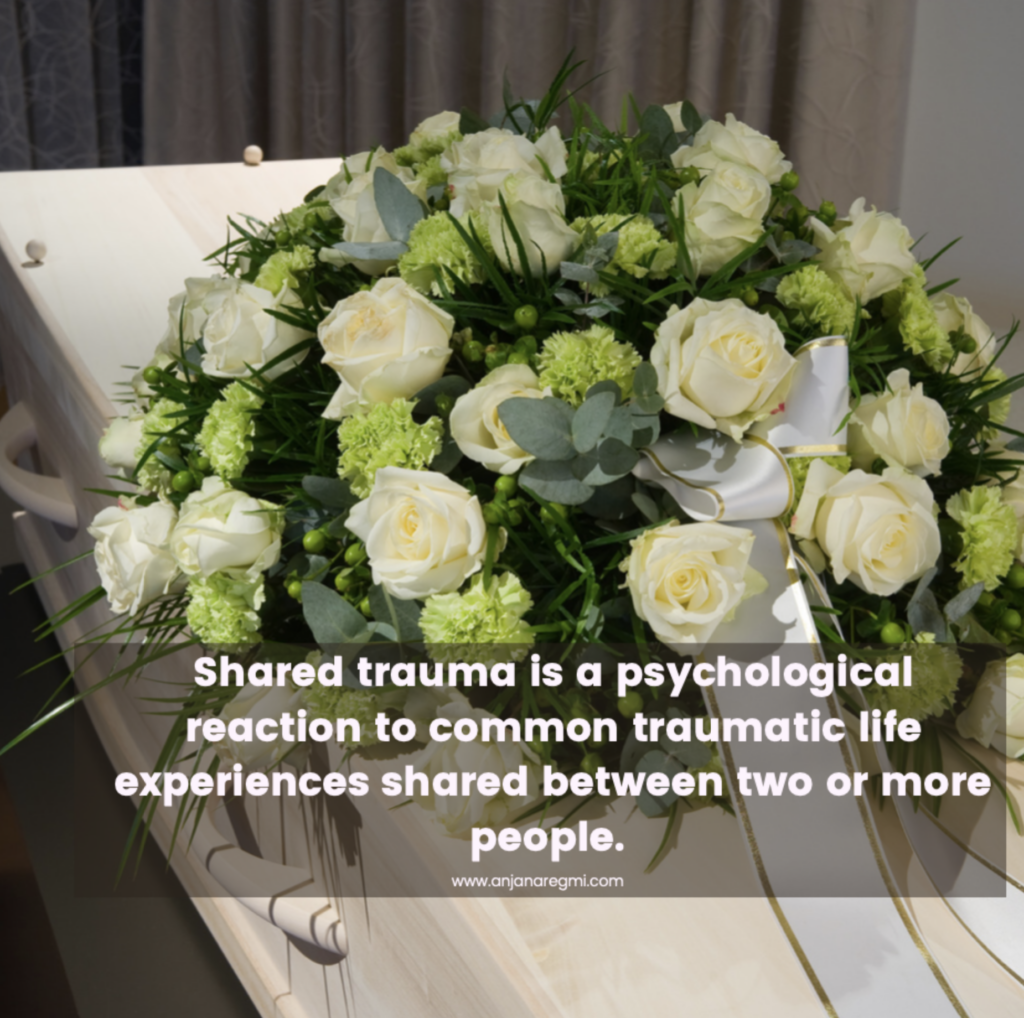
When trauma bonding occurs, people may experience feelings of anxiety and fear when they are faced with the prospect of leaving their abuser. They may also feel intense sadness about what has happened to them in their past rather than focusing on what is happening now in the present.
The good news is that trauma bonding can be healed. There are many effective therapies available, such as trauma-informed cognitive behavioural therapy (TI-CBT), Dialectical Behaviour Therapy (TI-DBT), Acceptance and Commitment Therapy (TI-ACT), Matrix Therapies (TI-MT) that helps people to understand and process the trauma they’ve experienced.
It’s also important to have a support network of friends or family who can offer non-judgemental listening and understanding. Getting away from the abusive situation is also critical to healing trauma bonding. Taking time for self-care, such as yoga, meditation, exercises, and spending time in nature are all helpful in restoring balance and wellbeing.
Want to learn how you can break free using TI therapies?
Neurological symptoms of experiencing trauma
There is some evidence-based information available on trauma bonding from both psychological and neuroscience perspectives. Some trauma survivors may experience overwhelming emotions, including anxiety and guilt. They learn to manage these feelings by becoming hyper-vigilant in an attempt to predict when the trauma will happen again or how they can prevent it from occuring.
Trauma survivors may also have neurological symptoms, such as intrusive thoughts, flashbacks, and nightmares. They may feel like they are constantly reliving the traumatic experience. This can be very distressing and it can make it difficult for trauma survivors to function and lead a normal life.
The people involved in trauma bonding may experience intense feelings of attachment, including inability to detach from the person who has experienced trauma with them. However, this type of connection may also have some benefits, such as increased intimacy or closeness between two people that are bonded by trauma.
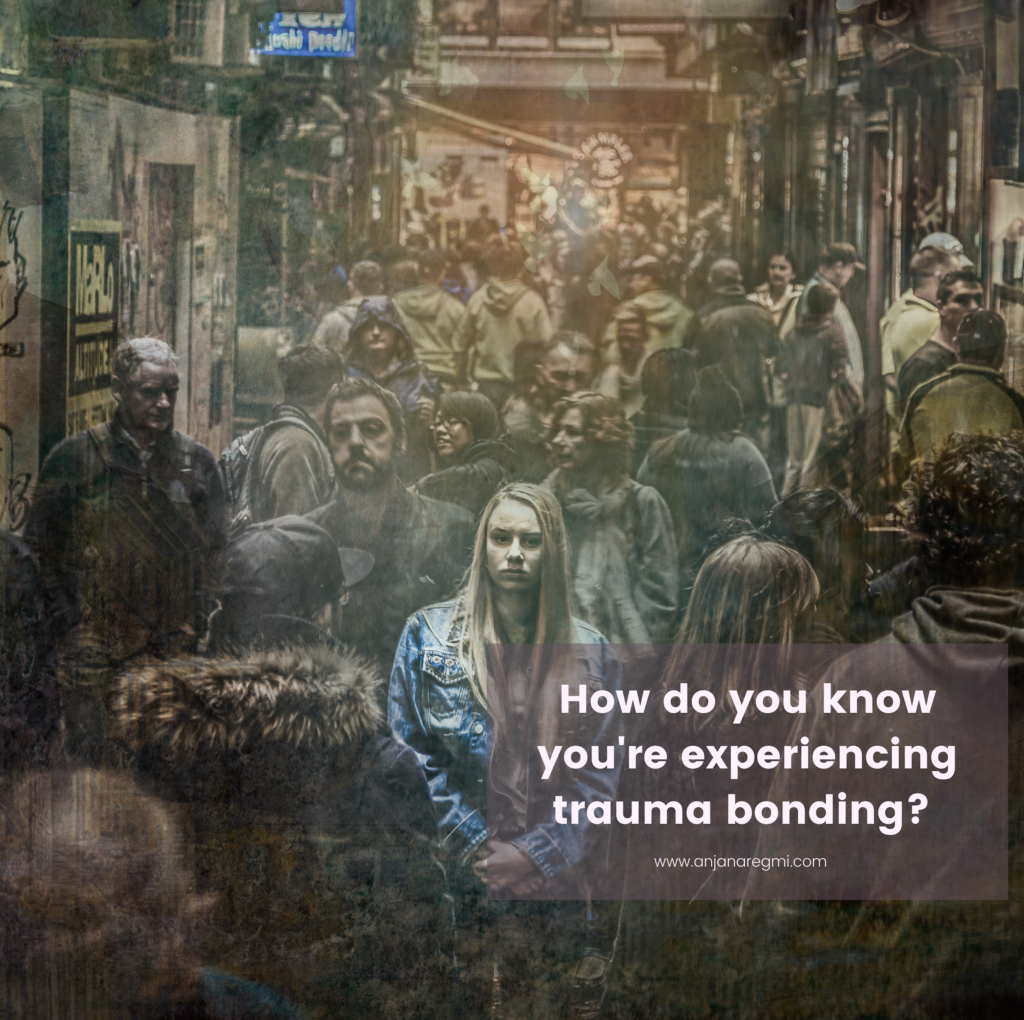
How do you know you’re experiencing trauma bonding?
Now you know trauma bonding is a term used to describe the phenomenon of forming an intense emotional connection with another person as a result of trauam or abuse. It can be very confusing and overwhelming to experience, especially if you don’t understand what’s happening.
Here are some signs that you may be experiencing trauma bonding:
- You feel like you’re going crazy in a relationship.
- You realise you don’t like or love your partner anymore but you feel tied up and unable to end things.
- You feel like you’re stuck in a nightmare and can’t escape.
- You have strong, passionate feelings for your abuser, even though they’ve hurt you terribly.
- You find yourself defending your abuser or making excuses for their behaviour.
- You feel like you can’t live without them.
- You tell them you are tired and they promise you to change their behaviour but their actions say otherwise.
- You feel unworthy of another person who truly loves you.
- You fear about reliving the cycle of abuse and devaluation that you experience in your current or recent past relationship.
- Your physical and/or emotional health is deteriorating.
- You feel like you’re a different person since you’ve been in a relationship.
- You experience intense emotions of love, confusion, or terror when you are around the person who hurt you.
- The relationship feels like a roller coaster ride – up one minute and down another.
- You struggle to stay away from them even though they have mistreated you in some way or another.
If you are experiencing any of these signs, it’s important to reach out for help. Trauma bonding can be damaging to your mental and physical health, and it’s important to get support from professionals who understand trauma bonding and trauma recovery.
What are others saying about their experience?



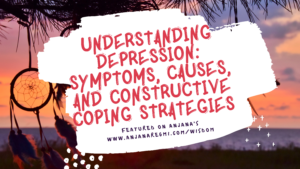
Understanding Depression: Symptoms, Causes, and Constructive Coping Strategies – 2303
Although depression can seem overwhelming and difficult to tackle, there is hope. It’s important for those who need help not to feel ashamed or embarrassed, as it is a common condition that affects many people. It is possible to get better and find happiness again. This begins with understanding what is depression, it’s symptoms and causes.
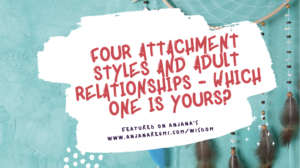
Four attachment styles and adult relationships – which one is yours? – 2302
Are you familiar with attachment styles? These are psychological theories that suggest the way we form relationships is influenced by our early experiences. In this blog post, I’m going to explore how different kinds of attachment styles can impact our behavior in relationships. Read on to learn more!
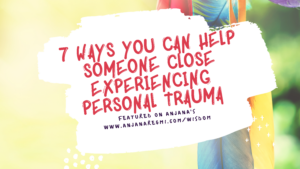
7 Ways You Can Help Someone Close Experiencing Personal Trauma #2301
Through your support, the person experiencing personal trauma will better understand and develop necessary coping strategies while they navigate complex feelings. Learn 7 ways you can help someone close experiencing personal trauma.
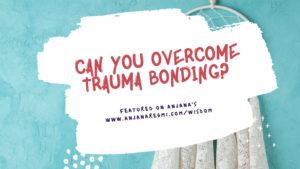
Can You Overcome Trauma Bonding? #2202
This article explores how trauma bonding can occur, why it’s bad for your mental health, and how to stop the process from happening. If you are currently experiencing this problem or are looking to learn more about it, then read on!

What is Trauma Bonding? #2201
Are you feeling like you’re stuck in a rut? Anjana Regmi’s trauma-informed cognitive behaviour therapy service can help you break free and live a better life. Through individual or group sessions, she’ll help you understand your thoughts and emotions, learn coping mechanisms, and set goals to improve your wellbeing. With her guidance, you’ll be on your way to living a happier and healthier life.
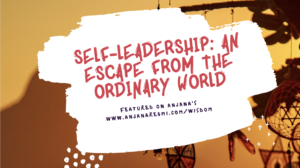
Self-Leadership: An Escape From the Ordinary World #2116
You’ll feel like you can handle anything as your brain becomes capable of understanding and dealing with the complexities of life. How do you practice self-leadership in developing a positive mindset that helps you to heal and thrive?

